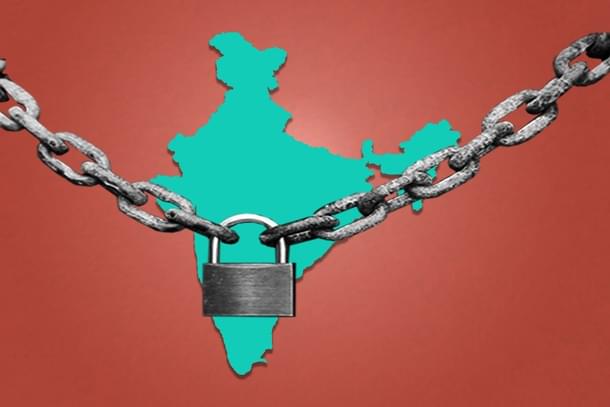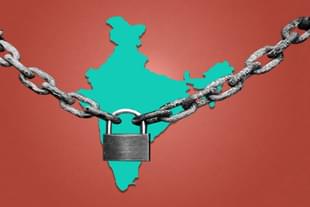Science
India Prepares To Face Future Pandemics With National Institute Of One Health In Nagpur
Swarajya Staff
Dec 12, 2022, 07:55 PM | Updated Dec 14, 2022, 10:28 AM IST
Save & read from anywhere!
Bookmark stories for easy access on any device or the Swarajya app.


In a step towards building India’s capacity to face future pandemics and contagious diseases, a world class institute is coming up in Nagpur.
Prime Minister Narendra Modi, on Sunday (12 December) laid the foundation stone for National Institute of One Health (NIO) to be established at a cost of over Rs 110 crore.
The planned institute at Nagpur will collaborate and coordinate with all stakeholders and act as a catalyst to improve the research and capacity building in ‘One Health’ approach across the country.
One health approach to face new diseases
‘One Health’ approach recognises that the health of human beings is connected to the health of animals and the environment.
This approach appreciates that most of the contagious diseases affecting humans are zoonotic (animal to human) in nature.
COVID-19 pandemic showed the relevance of ‘One Health’ principles in the governance of infectious diseases, specially efforts to prevent and contain zoonotic diseases throughout the world.
The risk of infectious agents capable of jumping the barriers of species is increasing, mainly because of the potential of novel infectious agents to spread rapidly around the globe due to increased travel, food habits and trade across borders.
Such diseases have devastating impacts on animals, human, health systems, and economies, requiring years of social and economic recovery.
With increased interaction between humans and animals, and influenced by climate change, human health can no longer be seen in isolation. More than half of all infections that people get, can be spread by animals.
In this context, NIO in Nagpur is an important infrastructural milestone for India. The Institute will focus on increasing preparedness and laboratory capabilities for identification of novel and unknown zoonotic agents.
This dedicated institute will be equipped with the Biosafety Level (BSL-IV) laboratory. It will help in investigation of outbreaks of emerging zoonotic agents concerned with public health and developing better control strategies.
It must be noted that, recently, a new SARS-CoV-2-like virus was discovered in Russian bats. It is capable of infecting humans, and is resistant to current vaccines against COVID-19.
Thus one cannot rule out more Covid-19 like pandemics in future. It further increases the significance of institutes like NIO.
‘One Health’ consortium
Earlier, in october 2021, the union government launched a mega consortium on ‘One Health’.
This programme envisages carrying out surveillance of important bacterial, viral and parasitic infections of zoonotic as well as transboundary pathogens in India, including the North-eastern part of the country.
As part of it, use of existing diagnostic tests and the development of additional methodologies when required are mandated for the surveillance and for understanding the spread of emerging diseases.
This consortium, consisting of 27 organisations, led by DBT-National Institute of Animal Biotechnology, Hyderabad, is one of the biggest ‘one health’ programs launched in post-COVID times.
The ‘One health’ consortium consists of AIIMS, Delhi, AIIMS Jodhpur, IVRI, Bareily, GADVASU, Ludhiana, TANUVAS, Chennai, MAFSU, Nagpur, Assam agricultural and veterinary university and many more ICAR, ICMR centres and wild life agencies.





